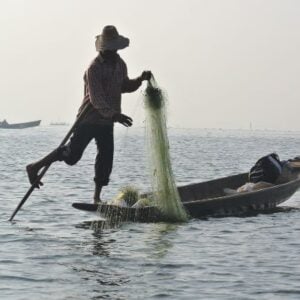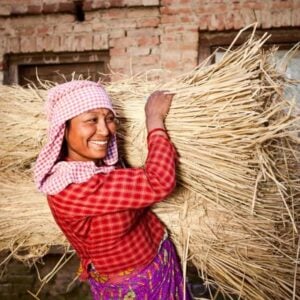Bangladesh is working to align its labour migration governance with international standards, including ILO conventions and the 2019 General Principles and Operational Guidelines for Fair Recruitment, to counter worker exploitation and sustain the country’s second largest foreign exchange source. The 2025 edition of Labour Migration in Asia: Fair Recruitment, Training, and Development notes progress in addressing unfair recruitment practices, though ensuring fair recruitment remains challenging. Surveys using ILO and World Bank methodologies show that recruitment costs for Bangladeshi workers are significantly higher than for other Asian countries of origin.
International labour standards, particularly the Private Employment Agencies Convention, 1991 (C181), provide a foundation for reform, emphasizing that private agencies should not charge workers recruitment fees or related costs. The report recommends widespread dissemination and legal adoption of the ILO 2019 guidelines to clarify that workers should not bear recruitment costs, with narrow exceptions allowed only in the workers’ interest and after consultation with recognized worker and employer organizations.
The 2025 report, jointly published by the Asian Development Bank Institute, OECD, and ILO, tracks labour migration trends, evaluates recruitment practices, and provides comparative data and policy guidance to improve governance. One promising measure highlighted is Bangladesh’s effort to stipulate employer-paid fees in bilateral labour migration agreements, such as the 2018 MoU with South Korea covering costs for language tests, passports, visas, medical examinations, and airfares. Transparent recruitment costs, coupled with rigorous implementation, are key to fair migration practices.
The report also discusses challenges in the Bangladesh-Malaysia corridor since 2007 and the government’s initiatives to establish a better legal framework and inform migrant workers about decent work and safe migration. Recent reforms include amendments to the Bangladesh Overseas Employment and Migrants Act, 2013, to cover recruitment subagents and intermediaries, enhancing accountability, and updates to the Private Recruitment Agents’ Code of Conduct Rule 2025 for greater transparency.
Digitization efforts, such as the Recruitment Agents Information System (RAIMS) introduced in 2019 and now fully operational, help regulate over 2,000 recruiting agencies. The ILO Fair Recruitment Initiative has also been implemented following a successful pilot in Qatar’s construction sector (2018–2021), which led to a 92% drop in the average cost of migration for Bangladeshi workers and 93% of workers recruited after the pilot reporting no debt. These combined efforts aim to ensure fair, transparent, and accountable labour recruitment in Bangladesh.







